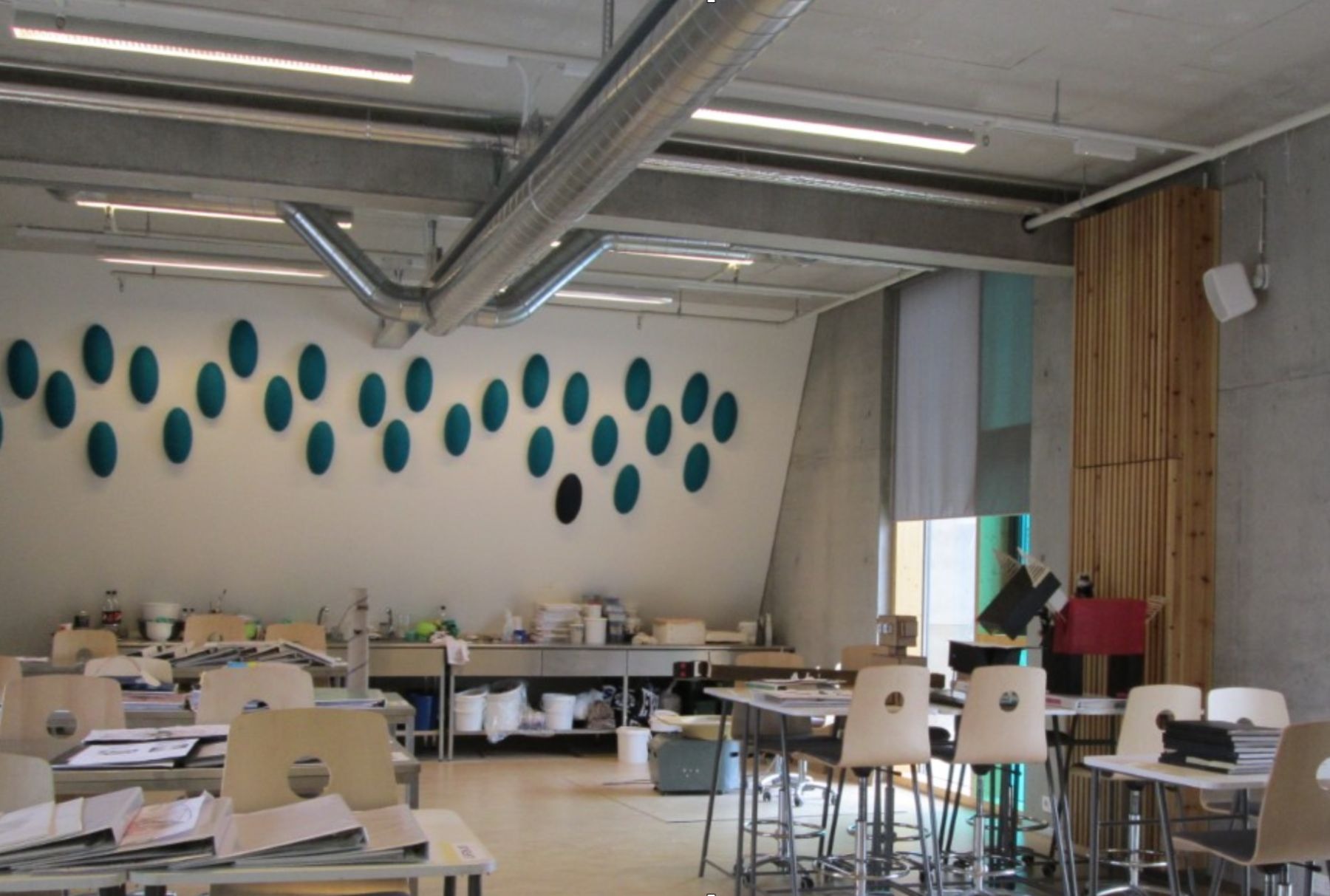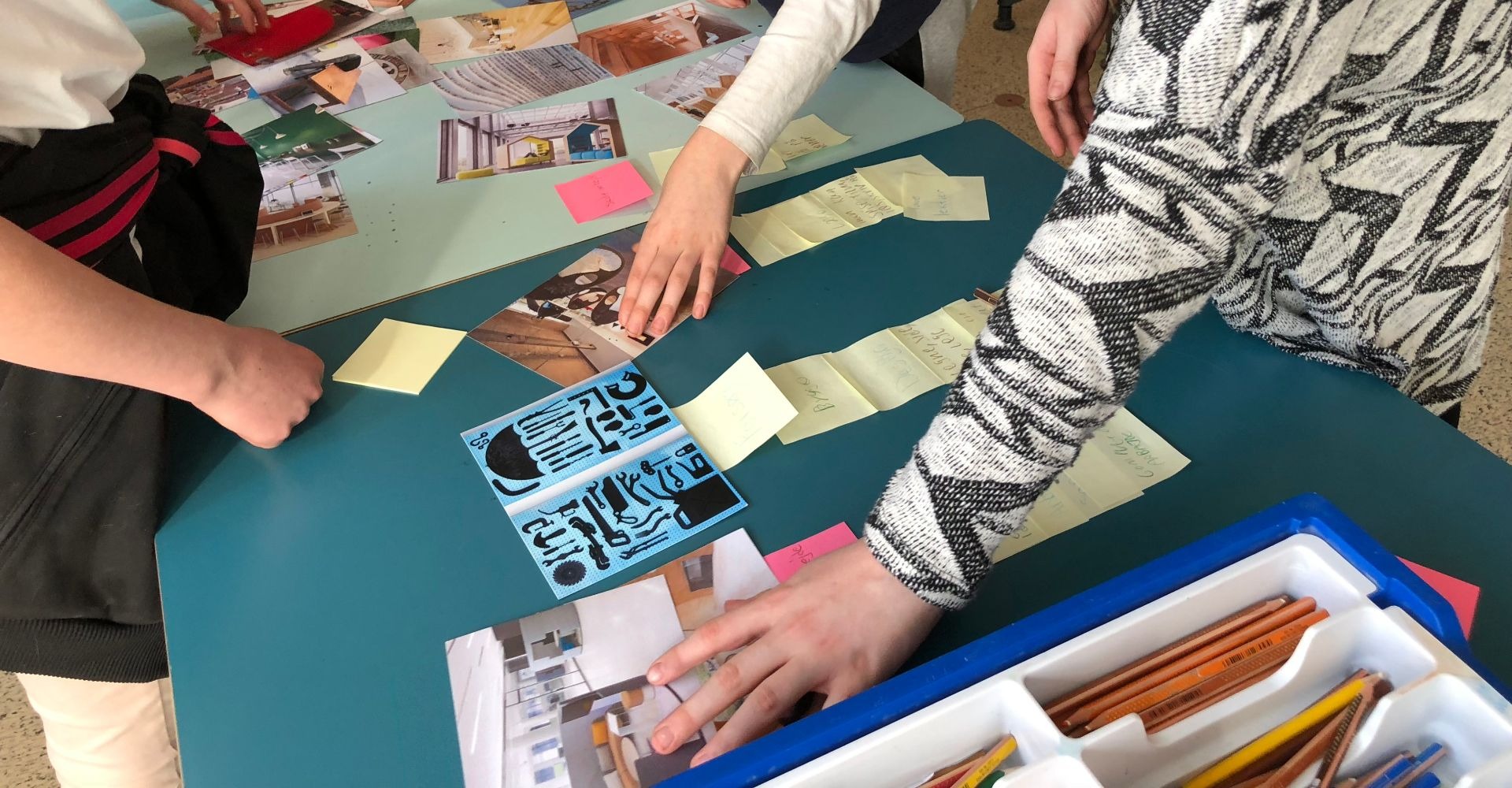School Development Evaluation Tool (SDET)
Enhancing and supporting professional discussions for school development and analysing school improvement
What is the School Development Evaluation Tool?
The purpose of the tool is twofold:
- To be used by teachers and leaders to enhance and support professional discussions about school policy and/or evaluations of the schoolwork in connection with school development.
- To serve as an analytical tool in studies on school improvement.
The theoretical background of the tool is based on concepts of individualised learning, democratic and student-centred practices and the school as a learning community.
The tool consists of six main strands:
- Internal structure and leadership
- Policy making, internal evaluation and professional development
- Physical learning environment
- Students
- Teachers
- Parents and community relations

Each strand includes several categories. The development of each category is described using a five-point scale of sequential stages.
The first stage outlines 20th century school practices in Iceland. The 5th stage outlines a vision of the future for school practices with reference to ideas regarding individualised and cooperative learning, learning in democracy and/or the school as a learning community.
School Development Evaluation Tool instructions (English)
School Development Evaluation Tool (English)
If you are interested in finding out how the School Development Evaluation Tool (SDET) was used across different contexts (e.g. type of space, age range, country etc), please read the SDET overview which can be found in the Resources section:
Matstæki um þróun skólastarfs
Tilgangur með tækinu er tvíþættur: Í fyrsta lagi geta kennarar og stjórnendur nota það til að auðvelda og styrkja faglega umræðu um skólastefnu og/eða mat á skólastarfi. Í öðru lagi má nota það sem greiningartæki við athuganir í tengslum við umbætur í skólastarfi. Faglegur bakgrunnur tækisins hvílir á hugtökum um einstaklingsmiðað nám, lýðræðislega kennsluhætti eða nemendamiðað skólastarf og skólann sem námssamfélag. Tækið byggir á sex meginþáttum: Skipulag og stjórnun; Stefnumörkun, innra mat og starfsþróun; Námsumhverfi; Nemendur; Kennarar og Foreldrar og grenndarsamfélag. Hver þáttur geymir nokkra undirþætti. Þróun hvers undirþáttar er lýst á fimmskiptum kvarða þróunarstiga. Fyrsta stigið endurspeglar starfshætti íslenskra skóla á 20. öld. Fimmta stigið endurspeglar framtíðarsýn um skólastarf með vísan til hugmynda sem varða einstaklingsmiðað nám og samvinnunám, nám í anda lýðræðis og skólann sem námssamfélag.
Instructions and tool in other languages
School Development Evaluation Tool in Swedish
Instruções da Ferramenta de Avaliação do Desenvolvimento Escolar (Portuguese)
Ferramenta de Avaliação do Desenvolvimento Escolar (Portuguese)
Evalueringsredskab til skoleudvikling. Instruktion (Danish)
Bewertungsinstrument für Schulentwicklung - Anweisungen (German)

